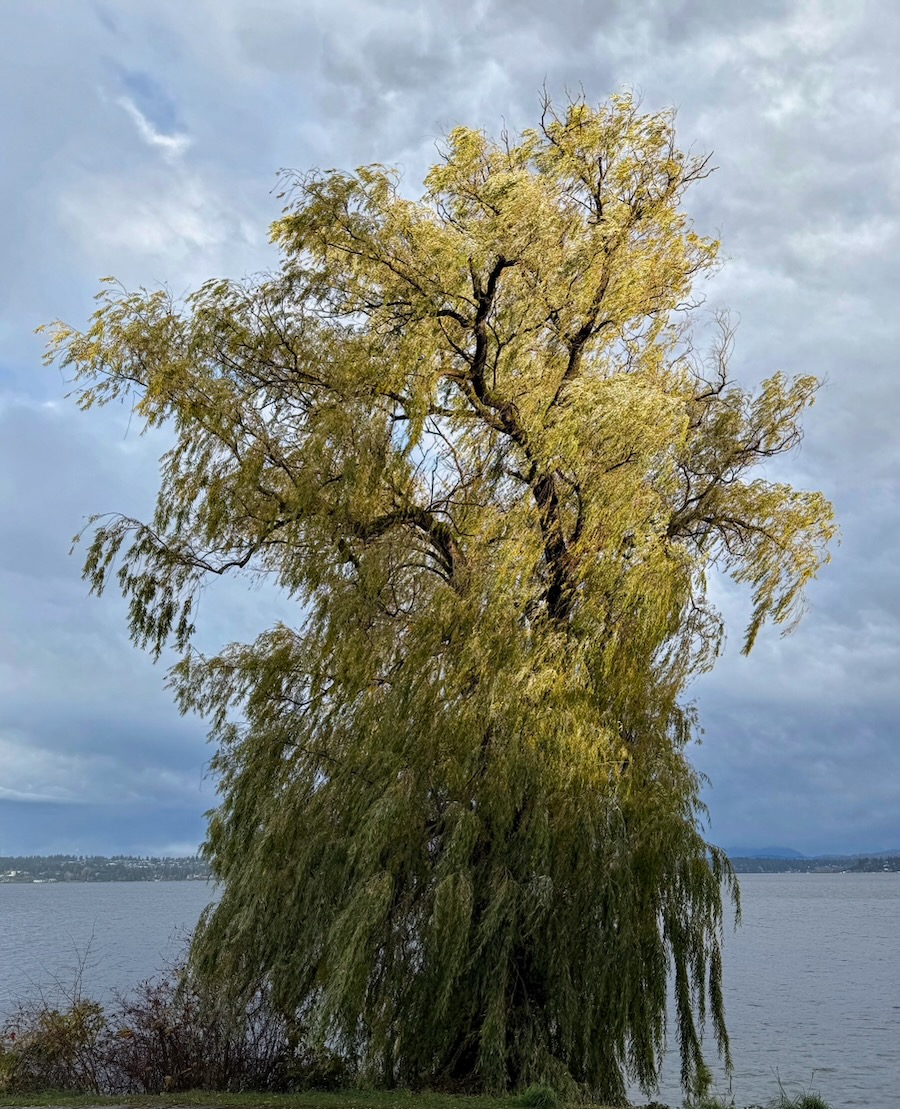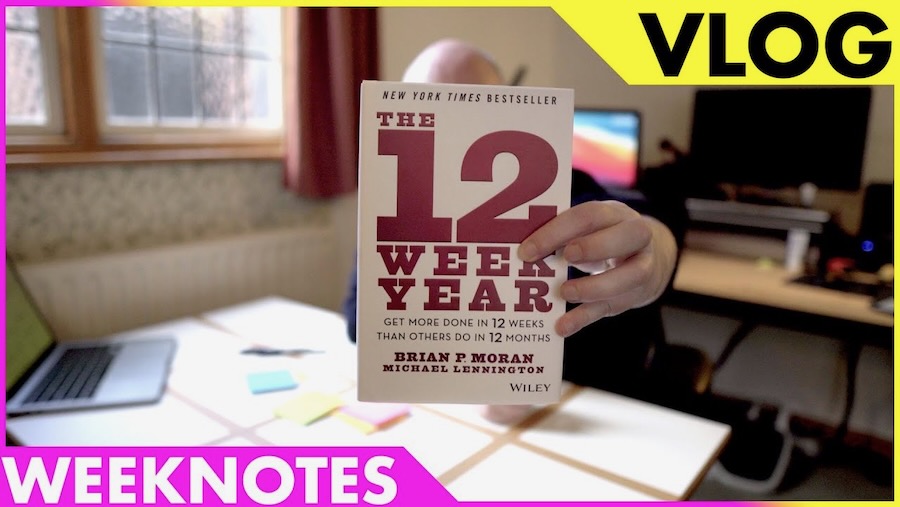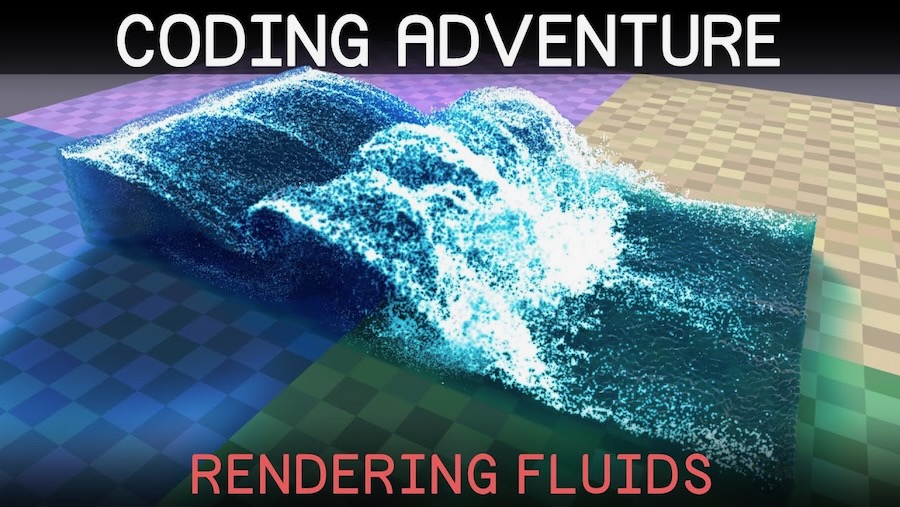Weeknotes: 2024-W49
Published: , updated:
Summary
Had a stand-out morning walk with all the right factors, including lots of ducks hanging out with me. Made good progress looking at new team options. Took a number of really enjoyable photos this week.
All while doing pretty well on the Meta Advent of Code leaderboards, which definitely affected my sleep routine (since it starts at 9pm).
On Sunday, had a breakthrough on how to think about my work future - as simple as “What advice would I give someone in my situation if they asked for it?”.
Photos
(Based more on time of processing than time of taking…)




Enjoying
- Reading:
- Dragon Keeper (The Rain Wilds Chronicles #1) by Robin Hobb
- Dragon Haven (The Rain Wilds Chronicles #2) by Robin Hobb
- Watching:
- Playing:
- Nothing.
Newly discovered
Dan Catt’s video weeknotes
I’ve been toying with the idea of doing weekly video weeknotes, and so I started looking around to see if there were any people doing that. Dan is basically the only one I could find on YouTube, starting at the beginning of last year - and his high bar is definitely not one I’m going to be aiming to meet any time soon.
Highlights
How to (Effectively!) Ask Technical Questions - Chip Turner
My colleague (and Advent of Code leaderboard nemesis) Chip Turner put together “How to (Effectively!) Ask Technical Questions”, which I believe to be a much better alternative to commonly-shared “How To Ask Questions The Smart Way”.
It’s written more for the people wanting to get the help, it’s shorter, it’s more up-to-date, and it’s also written in a much more positive-sum-game way.
Some quotes:
Imagine whoever you are asking desperately wants to help you but is also incredibly busy. How can you make their time the most impactful?
I like the “put yourselves in the shoes of other people” approach - being able to understand and model what others want and need is a supremely useful skill, whether it’s in a technical context or otherwise.
The easier it is for someone to look at the same data and poke at it, the fewer round trips they will have in trying to help you (see below for the importance of this).
If possible, reproduce the problem with the smallest possible example you can find. Yes, this means possibly writing a whole new case to reproduce it. Do it. No one is going to look at a huge pile of code they can’t compile.
Make sure the audience can try your reproduction case, too. Sites like The Rust Playground or godbolt.org are great ways to share code that your audience can immediately poke at.
I’ve helped literally hundreds of people debug problems in areas I know relatively little about simply by being effective at diving into data or doing experiments with repro cases. So the person who puts in a link to data (rather than a screenshot, say) is definitely going to get precedence.
Recommended
Coding Adventure: Rendering Fluids - Sebastian Lague
Sebastian (also originally hailing from South Africa) is in my tiny S-Tier video creator list - my must-watch-every-video-ASAP list - at the crunchy intersection of longer-form explorations and experimentation around ideas and implementation methods for a bunch of “game dev” topics (including things like fluid simulation, like in this case).
Pretty much everything he’s made is great, and you might want to check out these in particular:
- I Tried Creating a Game Using Real-World Geographic Data
- Ant and Slime Simulations
- How to Create a Neural Network (and Train it to Identify Doodles)
- Ray Tracing (and the follow-up videos improving it)
- Rendering Text
But what if we tried MORE power? - xkcd’s What if?
This is a video series companion to the book “What if?” by Randall Munroe, creator of xkcd. This particular episode takes the absurdity of “What if everyone pointed a laser at the moon?” (the previous episode) to new levels…


